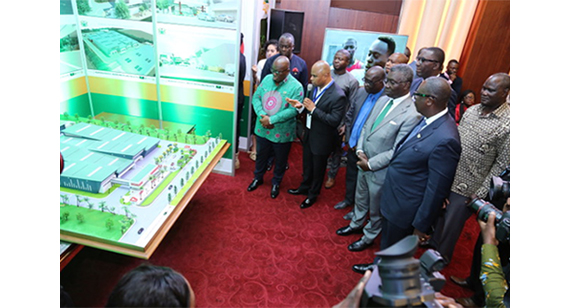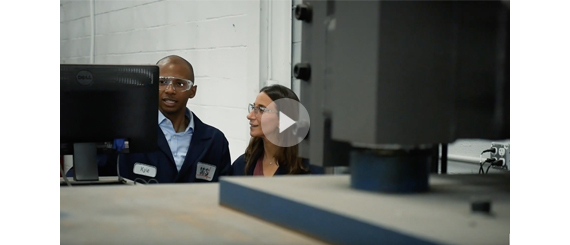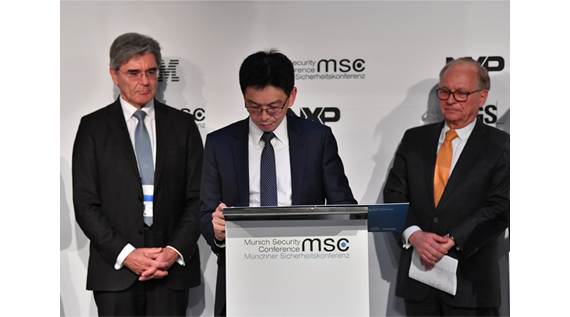Our value to Society

Letter to Shareholders
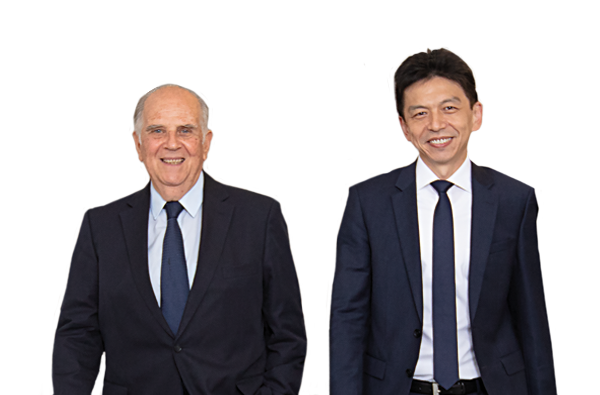
2018 marked 140 years for SGS. In the face of changing market conditions, the essence of what we do remains the same and the passion and dedication of our people have led to our continued success and leadership.
Dear Shareholders,
In 2018 our total revenue increased to CHF 6.7 billion and the majority of business lines performed well, in line with our expectations. We also reached a new milestone in the SGS Group history as we surpassed CHF 1 billion in adjusted operating income. Consistent with our guidance, the Group delivered solid organic growth, higher adjusted operating income margin, robust cash flow and best-in-class return on invested capital. These results underline our Mission 2020 objectives and support the creation of long-term value for our customers, shareholders and for society.

See the full letter in our 2018 Annual Report
This webpage is a selection of our highlights and achievements from the year and is not audited. The PDF is our official audited Annual Report.

2018 Results
Consistent with our guidance, the Group delivered strong organic growth, higher adjusted operating income margin and robust cash flow.

SGS at a Glance
SGS is the world’s leading inspection, verification, testing and certification company. SGS is recognized as the global benchmark for quality and integrity.
- 140Years of adding value to society
- 97,000Employees Around the World
- 2,600Offices and Laboratories
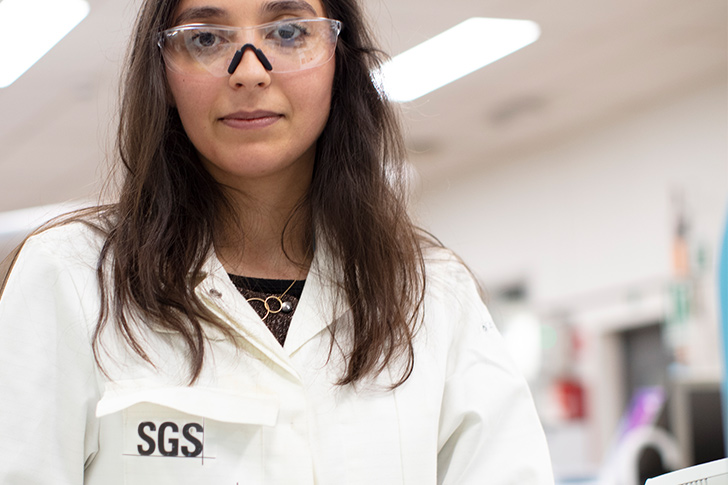
SGS – A Leading TIC Industry Player
SGS is active in virtually all sectors of the economy. The scale of our global footprint is a critical competitive advantage for SGS. We have expertise everywhere our customers need it. We use our business and industry knowledge, combined with our local country insights, to present a single global network across our customers’ supply chains.
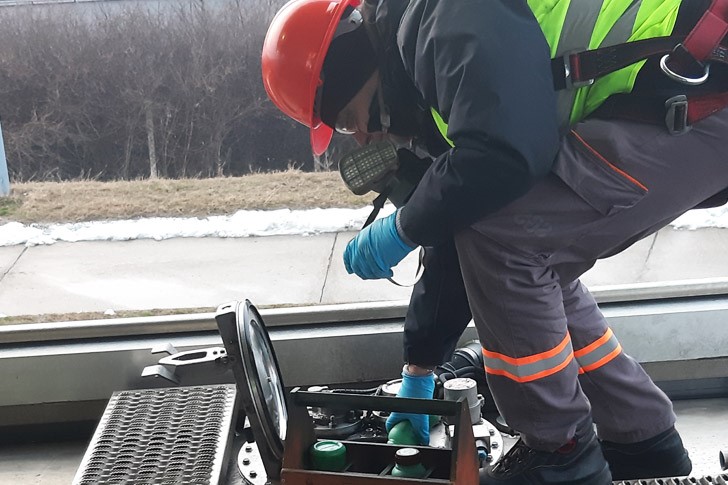
Our Business Principles
The SGS Business Principles are the cornerstone on which all of our activity rests. They are held to be fundamental, overarching beliefs and behaviors that guide our decisions and allow us to embody the SGS brand in everything we do.

Trends impacting our industry
SGS has outlined five megatrends that are influencing the way we live and do business.
These megatrends are interconnected, and even though the pace and impact of changes may vary, it is our responsibility to anticipate them. We design our strategy using long-term thinking, while, at the same time, remaining agile and adjusting our operations and services to new developments.
-
Urbanization, Mobility and Smart Cities

Currently, most of the global GDP is generated in cities, and more than half of the world’s population lives in metropolitan areas – a trend that will intensify. Urbanization provides opportunities to increase productivity and attract talent, but the need for resources and space impacts the economy, environment and quality of life. Governments and businesses are using technologies and data to build smart cities, towns and villages to advance economic growth and improve infrastructure and community services.
SGS Invests in 5G Technology
"Smart-city services will rely on network providers’ abilities to relay vast amounts of data in almost real time. With its high speeds and low latencies, fifth-generation wireless, or 5G, is poised to be an ideal solution. To provide the compliance, security and reliability of this next generation network, SGS has invested in a 5G call simulator in Taiwan, Korea, China and the USA, worth CHF 600,000. These simulators enable us to test, verify and troubleshoot the performance of the system as well as ensure security and reliability for devices. In 2019, SGS will continue its investment for 5G compliance testing to support customers across all stages of product development."
Eric Lee
SGS Global CRS and Wireless Manager -
Climate Change

Extreme weather conditions and climate change can cause droughts and flooding that affect natural resources – such as water, energy, minerals/metals and food. This is especially true for some developing countries, where population growth trends further accelerate the demand for natural resources. Governments are responding by developing new regulations, meaning businesses and communities will need to develop actionable strategies that reduce the impact on climate change while supporting new demographic structures and securing the supply of resources.
Ensuring Safe, Sustainable Energy Around the World
"SGS tests, inspects and certifies renewable energy initiatives, such as wind, solar and hydro, for businesses and consumers around the world. SGS evaluates the technical feasibility of renewable power plant projects, manages the supply chain, ensures that installations avoid risk and provides customized consultancy services for the entire development. We ensure the generation and distribution of power are safe, efficient and sustainable for the future. As China is the leader in renewable energy investments, accounting for 45% of the global total, SGS has invested in a state-of-the-art Wind Energy Technology Center (WETC) in Tianjin, that provides a complete set of full-scale testing capabilities."
Charlie Zhang
SGS Wind Energy Product Manager -
Economic Growth

The global economy has grown twenty times over the last two centuries and is estimated to increase six-fold by 2050. The economy’s primary challenge is to balance our desire for economic growth and prosperity with finite natural resources. On the consumer side, the production and disposal of items with a short lifespan can cause environmental damage and impact people’s health, while the progress of emerging economies increasingly influences the global consumption pattern. To support economic growth, businesses must invest in sustainability, human capital and promote fair access to the workplace, technology and markets.
SGS Pioneers Unique End-to-End Solution for E-Waste
"To help nations successfully and sustainably dispose of their waste, SGS created Renovo™, a self-funding, full-scale waste management system. In 2018, SGS implemented Renovo™ in the Ivory Coast and Ghana. The Governments of both countries designated SGS as the official external service provider to identify the products imported, determine their condition and prevent the importation of waste, thus reinforcing the Basel Convention on transportation of waste and hazardous goods. This identification is critical to size the facility correctly and to start the traceability process. SGS is also responsible for collecting an advance eco levy on all electrical and electronic equipment and tires exported to support the countries’ efforts to protect its people and environment."
Alexandre Lusenti
SGS Product Manager for Renovo™ -
Population and Social Trends

The world’s population is projected to rise by more than 1 billion by the year 2030, bringing the total to over 8 billion, and 97% of this growth will come from emerging or developing countries.
This pace of change poses significant challenges for governments and businesses, and empowering the next generation of workers – millennials (born between 1981 and 1996) – is critical to meeting these social challenges. Businesses and communities need strategies that can support the new demographic structure.
Hiring in the Age of Millennials
"When recruiting, we put the candidate first by using recruitment tools designed with our audiences’ habits and needs in mind. In the case of millennials, we are investigating a tracking application system that is mobile, quick, easy and fully transparent. Millennials are searching for a job that enhances their personal brand while enabling them to make a difference in the world.
"Attracting millennials will depend on SGS’s ability to illustrate our positive impact on society. One of the pillars for SGS’s human resources strategy is talent development and internal mobility, to provide our employees with the right opportunities to learn and grow. The success of this strategy will have a positive impact on the attraction and retention of our millennial talents."
James Allibon
SGS Global Recruitment Manager -
Digitalization and Cybersecurity
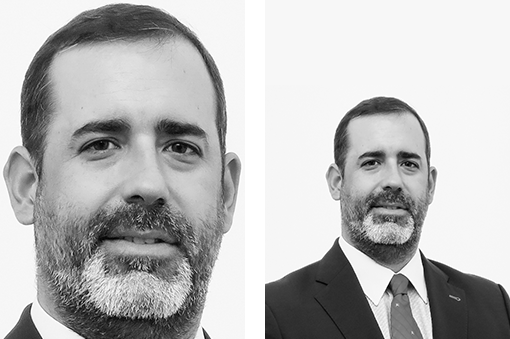
The billions of devices that are connected to the internet, interacting and sharing data on an entirely new scale, present huge potential to save time and money. Moreover, advanced technology – such as robotics, artificial intelligence and big data – is revolutionizing our personal and professional lives. As much as these advances are improving societies and economies, the security risks are significant. Personal data has become a valuable asset and attacks on security gaps can cause considerable damage.
SGS at the Forefront of Cybersecurity
Frankie NG, CEO of SGS, signs a Charter of Trust on Cybersecurity at the Munich Security Conference"To shape the future of the digital world, SGS joined forces with Siemens and eight other leading businesses to present a Charter of Trust in February 2018. The Charter contains 10 principles that aim to make the digital world more secure and also sets three important goals: Protect the data of individuals and companies; prevent damage to people, companies and infrastructures; and create a reliable foundation for instilling trust in a networked, digitally connected world. As an industry leader, we are committed to pushing for the Charter’s adoption globally and will continue to develop, promote and implement its principles."
Sergio Lomban
SGS Digital Trust Services, Vice President

Our Value to Society
We aim to deliver value to society through our operations, supply chain and services.
We add more than just financial value to society. Through our integrated leadership approach, we strive to become an ever more sustainable company and maximize the positive impact we can have.
Our business activity is designed to create value for and through our six main stakeholders: investors, customers, governments and industries, consumers, employees and suppliers, communities and the planet.
The following case studies illustrate how we have added value to society in 2018.









